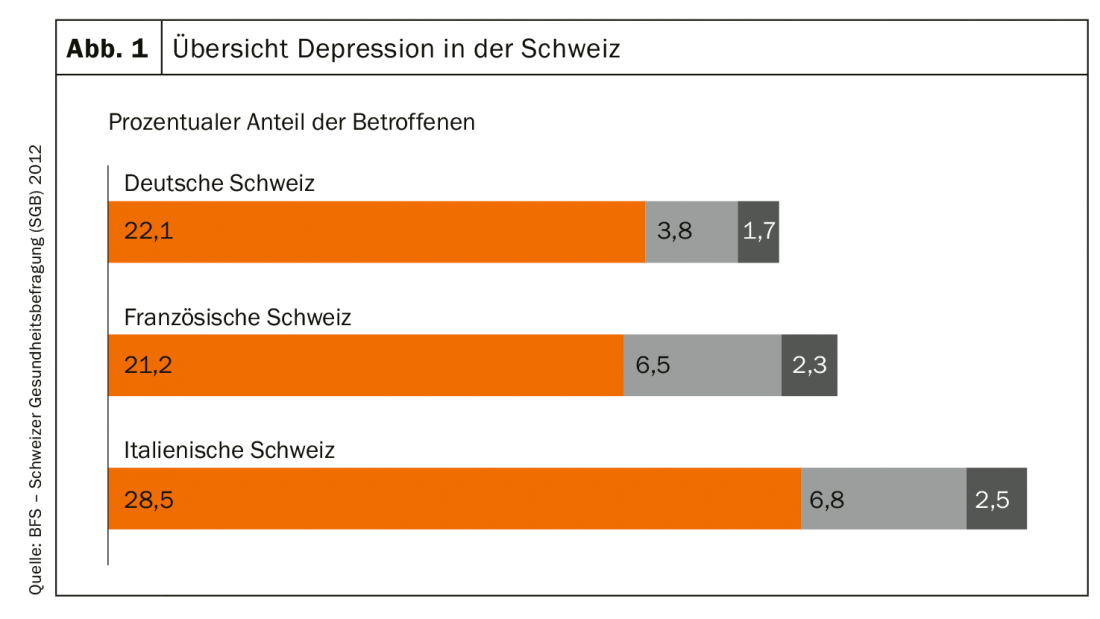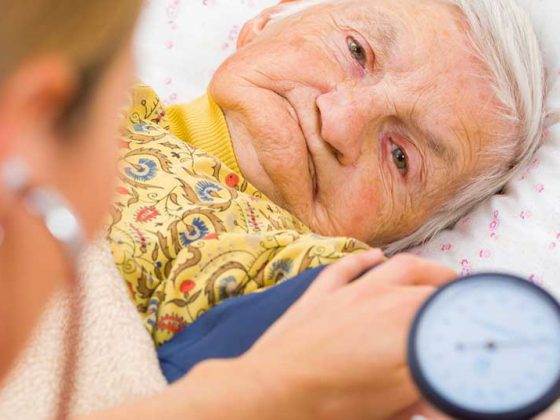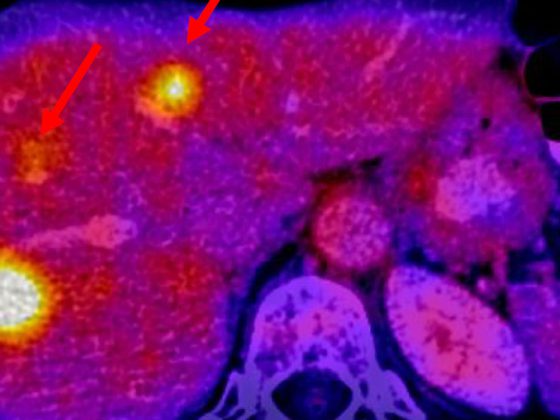Depression is one of the most common mental illnesses. Researchers have now found that not only antidepressants can lead to an improvement in symptoms, but also antibiotics. Moreover, the linkage principle used in HIV could also be effective in depression therapy.
At least 350 million people worldwide suffer from depression. Despair, hopelessness, apathy and anhedonia then have a firm grip on those affected. At worst, the symptoms end in suicidal thoughts and attempts. Reliable improvement of symptoms of clinically manifest depression can be achieved via antidepressants, but this is not infrequently overshadowed by side effects. In addition, about 30% do not respond to therapy. A team of researchers has now investigated the relationship between emotionality, depression and the microbiome in laboratory rats. Because our psyche is regulated by different influences. In addition to hormones, this also includes the microbiome. In the meantime, it is becoming increasingly clear that the composition of the intestinal flora is not only important for digestion, but also significantly determines emotional well-being.
The study was able to demonstrate that the gut microbiome of particularly anxious rats exhibiting treatment-resistant depression behaviors differed significantly from that of normal, non-anxious animals. The administration of the antibiotic minocycline is known to change the intestinal flora. However, the anxious animals are also significantly more active afterwards and show less depression-like behavior. This effect occurs because minocycline allows bacterial families that produce short-chain fatty acids in particular to proliferate in the microbiome. These can enter the brain through the bloodstream. In depression, the microglia responsible for regulating numerous brain functions are activated, which is considered an inflammatory process of the brain. Butyrate, a substance from the bacterial family, can prevent this activation and has a corresponding anti-inflammatory effect.

New therapy using HIV particles?
Another research group experimented with molecules from the HI virus and was able to show in the mouse model that the therapeutic effect is significantly faster and stronger than with previous antidepressants. To do this, they coupled the therapeutically active signal protein Homer1a with a smuggler molecule that also enables the HI virus to enter the cells. The HIV protein can easily penetrate the cell membrane due to its physicochemical properties. In the process, it transports the therapeutically active Homer protein through the blood-brain barrier and into the cell. In this way, the active ingredient reaches directly where it is needed and can intervene in the cell’s signaling pathways. It took only one hour for the antidepressant effect to kick in. Homer protein activates surface proteins with AMPA receptors, making the cell more responsive to cells. Less Homer and AMPA are produced in patients with depression. Further studies will show whether this is an avenue for a new, effective therapeutic approach.
Further reading:
- Schmidtner AK, Slattery DA, Gläsner J, et al: Minocycline alters behavior, microglia and the gut microbiome in a trait-anxiety-dependent manner. Translational Psychiatry 2019; DOI: https://doi.org/10.1038/s41398-019-0556-9
- Holz A, Mülsch F, Schwarz MK, et al: Enhanced mGlu5 signaling in excitatory neurons promotes rapid antidepressant effects via AMPA receptor activation. Neuron. 2019; 104: 338-352.e7.
InFo NEUROLOGY & PSYCHIATRY 2019; 17(6): 32.











